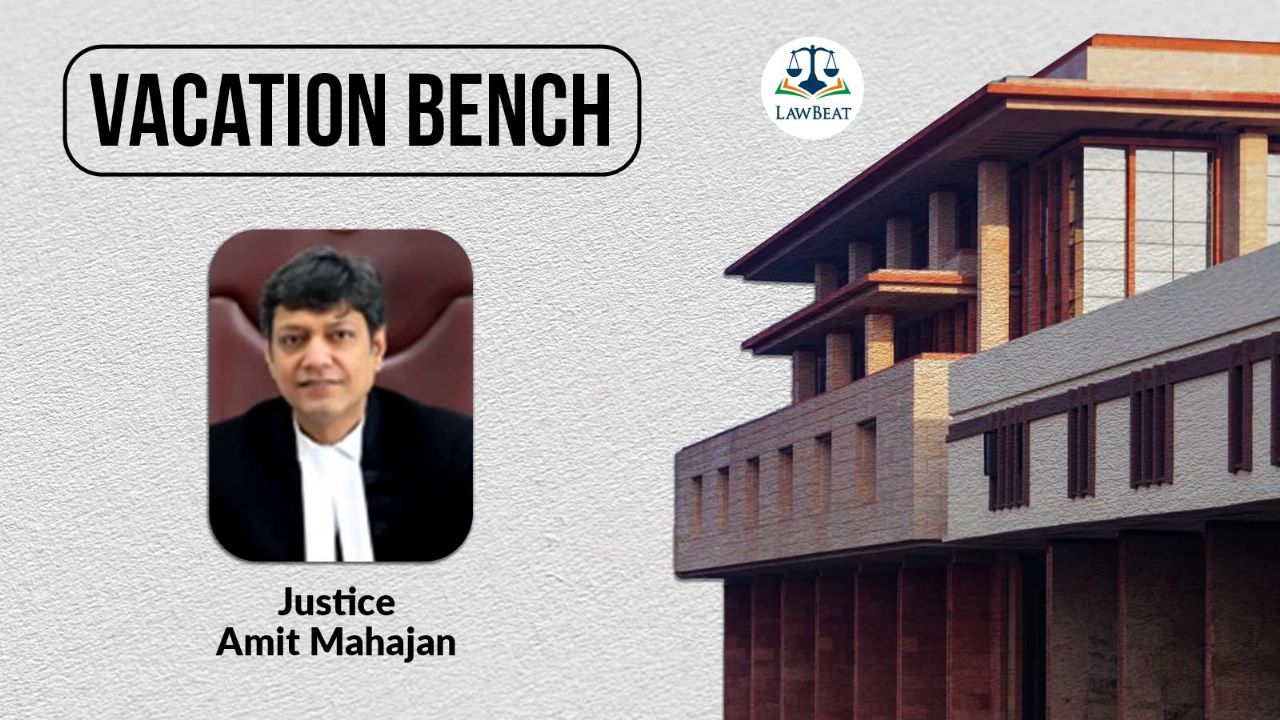"Anticipatory Bail not be granted as matter of routine; Custodial Interrogation recognized mode of Investigation": Delhi High Court

The single-judge vacation bench was hearing an anticipatory bail petition filed by a man accused of defrauding several American citizens through a bogus call centre.
The Delhi High Court recently ruled that anticipatory bail cannot be granted as a matter of routine and must be granted only when the court is convinced that the circumstances warrant such an extraordinary remedy.
A vacation bench of Justice Amit Mahajan observed that Custodial interrogation is a recognized mode of investigation which is not only permitted but is held to be more effective.
“Interrogation of an accused, while in custody, is qualitatively different from that undertaken while the accused is enjoying protection under an order of a Court against his arrest. This is a well-recognized position in law. It is the right of the investigating agency to conduct a proper and fair investigation”, the single-judge bench said.
The court was hearing an anticipatory bail petition filed by a man namely Ashwani Kumar accused of defrauding several American citizens through his call centre.
Ashwani was booked under Sections 419 (Punishment for cheating by personation), 420 (cheating), 468 (Forgery for cheating), 471 (using as genuine a forged document or electronic record), 120B (criminal Conspiracy), and 34 (common intention) of the Indian Penal Code and Section 66C (Punishment for identity theft) and 66D (Punishment for cheating by personation by using computer resource) of the Information Technology Act, 2000.
The police were "secretly informed" that a fake call centre was being run in Moti Nagar involving large-scale "cyber cheating" of US citizens on the "pretext of misuse of their Social Society Numbers (SSNs)". Following a raid, a total of 54 suspects were apprehended from the call centre, and computer systems, servers, routers, and other equipment were seized from the premises.
It was alleged that Ashwani was the owner of the call centre and was actively involved in the scam. Furthermore, it was alleged that Ashwani, along with other co-accused who managed on his behalf, ran the entire racket of cheating and impersonation with US citizens.
While dismissing the anticipatory bail plea, the court stated that anticipatory bail cannot be granted for it to be used as a "shield".
Taking note of the facts of the case, the court said, “Keeping in mind the nature of allegations, and the fact that the applicant has not joined and cooperated in the investigation which has also led to the initiation of proceedings under Section 82 of CrPC, this Court feels that it is not a fit case for exercise of discretion under Section 438 of CrPC.”
Accordingly, the court disposed of the plea and clarified that any observations made in the current order are only for the purpose of deciding the current bail application and should have no bearing on the outcome of the trial.
Case Title: Ashwani Kumar v. State
